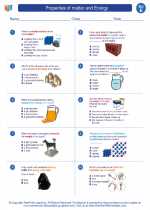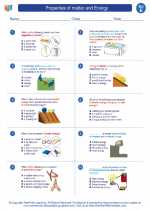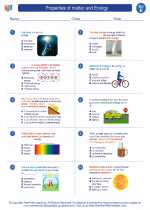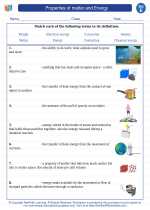Properties of matter and Energy -> asteroids
Asteroids
An asteroid is a small, rocky object that orbits the Sun. Most asteroids are found in the asteroid belt, a region of space between the orbits of Mars and Jupiter. They are remnants from the early formation of the solar system about 4.6 billion years ago.
Characteristics of Asteroids
- Composition: Asteroids are made of rock, metal, and sometimes organic compounds.
- Size: They can range in size from a few meters to several hundred kilometers in diameter.
- Orbit: Their orbits can be highly elliptical, and they can cross the orbits of other planets.
- Shape: Some asteroids are irregularly shaped, while others are more spherical.
Impact of Asteroids
Asteroids have had a significant impact on the evolution of the solar system and Earth. They have been known to collide with planets and moons, causing impact craters and potentially leading to mass extinctions.
Studying Asteroids
Scientists study asteroids to learn more about the early solar system and to understand the potential impact hazards they may pose to Earth. Missions such as NASA's OSIRIS-REx and Japan's Hayabusa2 have visited asteroids to collect samples and study their composition.
Impact on Earth
Asteroids that enter Earth's atmosphere are called meteoroids, and if they survive the passage through the atmosphere and reach the ground, they are known as meteorites. The study of meteorites provides valuable information about the composition and history of asteroids.
Conclusion
Asteroids are fascinating objects that provide valuable insights into the history of our solar system. By studying them, scientists can better understand the processes that have shaped our cosmic neighborhood.
[Asteroids] Related Worksheets and Study Guides:
.◂Science Worksheets and Study Guides Fifth Grade. Properties of matter and Energy

 Worksheet/Answer key
Worksheet/Answer key
 Worksheet/Answer key
Worksheet/Answer key
 Worksheet/Answer key
Worksheet/Answer key
 Vocabulary/Answer key
Vocabulary/Answer key
 Vocabulary/Answer key
Vocabulary/Answer key
